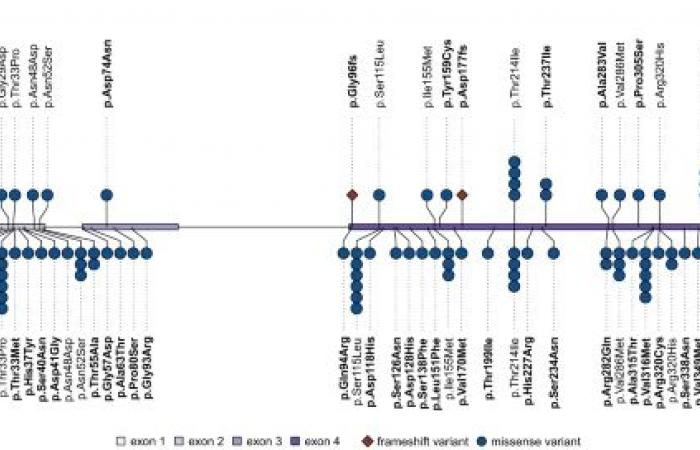The characteristic of being left-handed or right-handed depends on the dominant cerebral hemisphere, but may also be associated, in the case of left-handers, with rare variants of a gene involved in cell formation, a study shows.
The research published this Tuesday by Nature Communications focused on the study of several rare genetics, which affect less than 1% of the population, and whether these could somehow influence the preference for using the left hand.
About 10% of people are left-handed, which occurs when the right hemisphere of the brain is more dominant in controlling that hand, while the left hemisphere is in the case of right-handers.
Brain asymmetries that lead to hand dominance develop early in life and indicate that genetic involvement is likely.
Previous studies have found several common genetic variants associated with left-handers.
In this case, a team of Dutch researchers looked for rare genetic variants that could also be associated, for which they analyzed genome data from 38,043 left-handed and 313,271 right-handed people from the UK biobank.
The study suggests that the TUBB4B gene is 2.7 times more likely to contain rare coding variants in left-handed people.
However, at the population level, the heritability of being left-handed due to rare coding variants turned out to be low, slightly less than 1%, according to the research.
The TUBB4B gene is involved in coding microtubules, which are part of the cytoskeleton, the structure that gives cells their shape.
Tags: Rare gene variants linked lefthandedness






